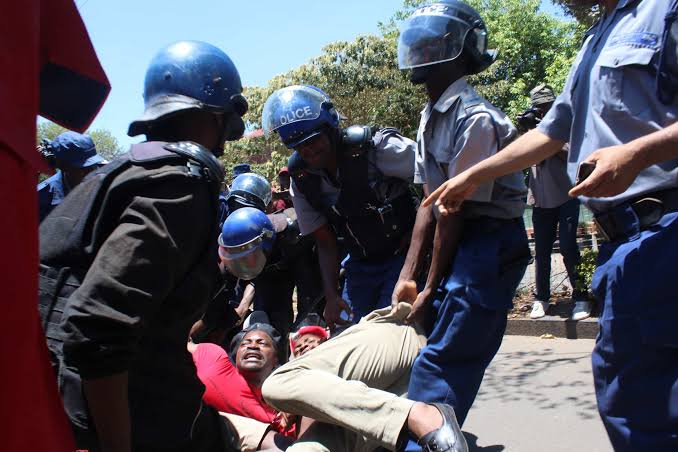By Takudzwa Changadeya
Harare– Former Zanu PF Gokwe-Nembudziya MP Justice Mayor Wadyajena and ex-MDC-T Masvingo Urban MP-turned-Zanu PF activist Tongai Matutu have been shortlisted for a commissioner role at the Zimbabwe Anti-Corruption Commission (ZACC).
The inclusion of Wadyajena and Matutu on the shortlist has sparked concerns over potential political influence in ZACC’s appointments, with some observers suggesting that one of their selections appears inevitable given their Zanu PF affiliations.
Wadyajena, who once chaired Parliament’s committee on land and agriculture, has been a controversial figure.
In 2022, he was arrested by ZACC on charges of fraud involving $5 million (R84 million), alongside four officials from the Cotton Company of Zimbabwe (Cottco).
The allegations centered on the misuse of funds earmarked for farming supplies.
Although Wadyajena was not convicted, his past legal troubles have raised questions about his suitability for a critical role in Zimbabwe’s top anti-corruption body.
ZACC, which plays a vital role in combating corruption that has deeply affected the country’s economy and institutions, faces the challenge of balancing expertise, political affiliations, and public trust in its leadership appointments.
Wadyajena’s potential appointment has amplified concerns about maintaining the commission’s credibility.
Tongai Matutu, who defected from the opposition MDC-T to join Zanu PF in November 2020, made headlines when he was welcomed by President Emmerson Mnangagwa and his deputies, Constantino Chiwenga and Kembo Mohadi, at State House.
His move surprised many analysts and marked a significant shift in his political career.
In 2022, Matutu made sensational claims on his X (formerly Twitter) account, alleging that $10 million was funneled by the U.S. Embassy to fund digital activists like journalist Hopewell Chin’ono.
He accused the Africa Digital Rights Fund, under the Collaboration on International ICT Policy for East and Southern Africa (CIPESA), of being backed by organizations such as George Soros’s Open Society Foundations, HIVOS, the Ford Foundation, and the Global Network Initiative to de-campaign Zimbabwe on social media and international platforms.
The final decision on the appointments to ZACC is expected soon, with public scrutiny intensifying as many question the potential impact of these political figures on the commission’s independence and effectiveness in fighting corruption.



